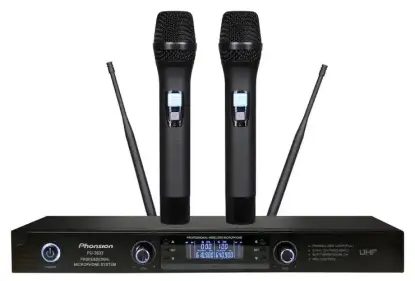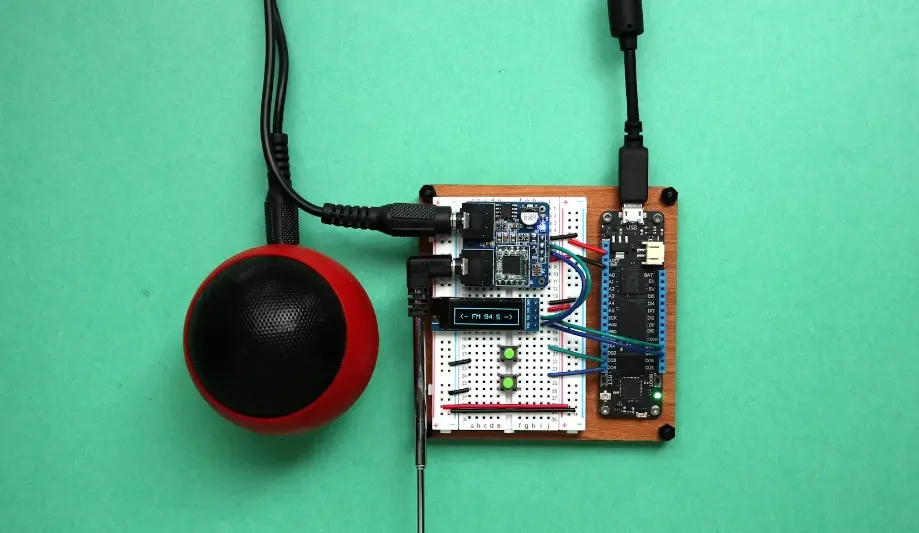
How to Get Telec Certification?
Introduction to telec certification:
The Radio Law mandates model approval (i.e., Technical Regulations Conformity Certification) for specified radio equipment. This certification is compulsory, and MIC is the registered certifying body for the designated radio equipment scope. TELEC (Telecom Engineering Center) is the main registered certification body for conformity certification of radio equipment in Japan. It is also known as Mic certification, RF certification, GITEKI certification, or MARK Giteki certification.
Types of TELEC (MIC) Certification:
TELEC certification includes Test Certification and Type Certification. Test Certification verifies each individual unit, and it is valid only for the tested units. Type Certification applies to a sample batch of similarly designed and manufactured devices, and is valid for the batch. However, any changes in design or manufacture require recertification. Note that non-low-power radio stations and their terminal devices need a license from MIC. Also, there are two cases for telecommunication terminal deviCE certification: regular phone devices require only JATE certification as per the Telecommunications Business Act; wireless terminal devices need both JATE certification and TELEC certification as per the Radio Law.
TELEC Certification Mark

TELEC Certification Products:
1. 2.4G products
2. Bluetooth products
3. WiFi products
4. RFID products
Required Documentation for TELEC Certification:
1. System block diagram
2. System schematic
3. User manual
4. Operational description
5. BOM list
6. Module schematic
7. Module block diagram
8. Module specifications
9. ISO 9001 certificate of manufacturer
10. Label and label location diagram
11. Antenna specification: including antenna name, type, maximum gain, measurement, appearance, and size diagram
Notes:
1. All submitted documents are recommended in Japanese, although English is acceptable. Test reports can be in the language of the local testing institution.
2. TELEC is Japan's mandatory certification for wireless products, adhering to the Radio Law. Test standards follow MIC (Ministry of Internal Affairs and Communications) Notice No.88.
3. For WiFi and Bluetooth products, tests align with the EU's EN300 328. Standards for 2.4GHz WiFi products (802.11b/g, 2412–2472 MHz) and Bluetooth products are found in MIC Notice No.88 Annex43. Channel 14 of 2.4GHz WiFi (2471–2497 MHz) requires separate Annex44 testing and reporting.
4. For 5GHz WiFi products (802.11a, 5180–5320 MHz in W52 and W53 Bands), Annex45 applies. MIC will soon revise Annex45 to include 5.6GHz devices (Band W56), introducing stricter DFS testing.
TELEC Certification Common Standards:
- Bluetooth/WiFi/2.4G wireless products (non-remote aircraft): MIC Notice NO.88 Appendix NO.43, Article 2 Paragraph 1 Item 19-2.
- 2.4G Remote Aircraft: MIC Notice NO.88 Appendix NO.43, Article 2 Paragraph 1 Item 19-2-2.
- 5.2G WiFi Products: MIC Notice NO.88 Appendix NO.45, Article 2 Paragraph 1 Item 19-3.
- 315M Remote Control Products: MIC Notice NO.88 Appendix NO.22, Article 2 Paragraph 1 Item 8.
Bluetooth Product TELEC Certification Test Items:
1. Frequency error measurement
2. Occupied bandwidth/carrier frequency bandwidth
3. Unwanted emission measurement
4. Antenna power error measurement
5. Receiver unwanted emission limitation
6. EIRP antenna power measurement
7. 3dB beamwidth measurement
8. Duty cycle measurement
9. Retention time
Bluetooth and WiFi Product Testing Requirements:
Test certification verifies each individual device unit, and this certification is only valid for each device that has undergone verification. The testing items for WiFi and Bluetooth products are generally similar to the European standard EN300 328. For 2.4GHz WiFi products (802.11b/g, 2412–2472 MHz) and Bluetooth products, the standard followed is MIC Notice No.88 Annex43. However, for Channel 14 of 2.4GHz WiFi products (2471–2497 MHz), separate testing and reporting according to Annex44 are required, which also entails additional fees. For 5GHz WiFi products (802.11a, 5180–5320 MHz in W52 and W53 Bands), Annex45 is the applicable testing standard. Notably, MIC is expected to revise Annex45 soon to include 5.6GHz devices (Band W56), introducing more stringent DFS testing requirements for the Band 56 frequency range.
Application Process for TELEC Certification:
1. Client: Submit the application form to the lab, prepare samples, sign the contract, and pay certification fees.
2. Lab: Test, issue the report, and initially review documents. Duration: 2 weeks.
3. Japanese certification body: Final review, draft issuance, certification issuance. Duration: 1–2 weeks.
Overall certification timeline: 3–4 weeks, with an option for expedited processing.
Sample Requirements for TELEC Certification:
1. One fixed frequency RF sample and one regular sample.
2. For multi-channel products, a continuous transmission sample is required for single-channel devices.
Email:hello@jjrlab.com
Write your message here and send it to us
 Wireless Microphone Export Certification
Wireless Microphone Export Certification
 Audio-Visual Products SNI Certification in Indones
Audio-Visual Products SNI Certification in Indones
 FCC-ID: Still Needed if Module is Certified?
FCC-ID: Still Needed if Module is Certified?
 FCC Certification Fees for Handheld Fans
FCC Certification Fees for Handheld Fans
 FCC Certification Testing for Smart Lighting Produ
FCC Certification Testing for Smart Lighting Produ
 What is the ETSI EN 303 645 Testing Standard?
What is the ETSI EN 303 645 Testing Standard?
 UL Compliance and ETL Certification for LED Lighti
UL Compliance and ETL Certification for LED Lighti
 What is the IEC 60598 Standard?
What is the IEC 60598 Standard?
Leave us a message
24-hour online customer service at any time to respond, so that you worry!




